For property owners and managers, ensuring the safety and compliance of their commercial premises is a paramount concern. One crucial aspect of maintaining a commercial property’s integrity is regular electrical testing, often conducted by a professional commercial electrician. But how often should these inspections occur? This article explores the recommended frequency of electrical tests for commercial properties and highlights why regular checks by a commercial electrician are essential.
Importance of Regular Electrical Testing
Electrical testing in a commercial environment is vital for several reasons. Firstly, it ensures the safety of employees, customers, and visitors by preventing potential hazards like fires, shocks, and other accidents linked to faulty electrical systems. Secondly, regular testing helps maintain compliance with local and national safety standards and regulations, which can vary significantly from one area to another. Finally, it aids in the efficient operation of the property, as well-kept electrical systems are less likely to suffer breakdowns, leading to business disruptions and costly repairs.
The Role of a Commercial Electrician in Electrical Testing
A commercial electrician is not just any electrician; they specialise in managing the complexities and scale of commercial electrical systems. These professionals are trained to handle the rigorous demands of commercial electrical networks, including high voltage systems and energy management technology. Their expertise is crucial not only in performing thorough inspections but also in diagnosing issues and implementing solutions that adhere to strict industry standards.
Recommended Frequency of Electrical Testing
The frequency of electrical testing can depend on several factors, including the type of business, the age and condition of the building, and the specific regulations applicable to the industry or locality. However, there are general guidelines that most commercial electricians and safety standards recommend:
1. Routine Checks: It’s advisable for businesses to have minor inspections annually. This type of check-up is generally less comprehensive but can catch early signs of wear or potential problems that need more detailed investigation.
2. Formal Inspections: A more detailed inspection is recommended at least every five years for commercial buildings, or more frequently for buildings that face high electrical loads or harsh operational environments. These inspections are thorough and are meant to ensure that every component of the electrical system is functioning safely and efficiently.
3. Testing Upon Change of Occupancy: Whenever a commercial property changes hands or undergoes significant modifications, a full electrical test should be conducted. This ensures that the new occupants can start their operations knowing the building’s electrical systems are safe and up to code.
Tailoring the Schedule to Specific Needs
While the above guidelines provide a baseline, the actual frequency of electrical testing might need to be adjusted based on specific circumstances. For instance, industries that rely heavily on electrical systems, like manufacturing, may require more frequent tests. Similarly, older buildings might need closer monitoring than newer ones due to the age of their electrical components.
Determining how often a commercial property should be electrically tested is crucial for ensuring the safety, compliance, and efficiency of the property’s operations. Get in touch with us if you’d like to establish a testing schedule that is tailored to the unique needs of your properly. We’d highly recommend regular electrical testing for commercial properties as this will not only help maintain the property but also in preventing unexpected downtime and expensive repairs, ultimately contributing to a safer, and more productive business environment.


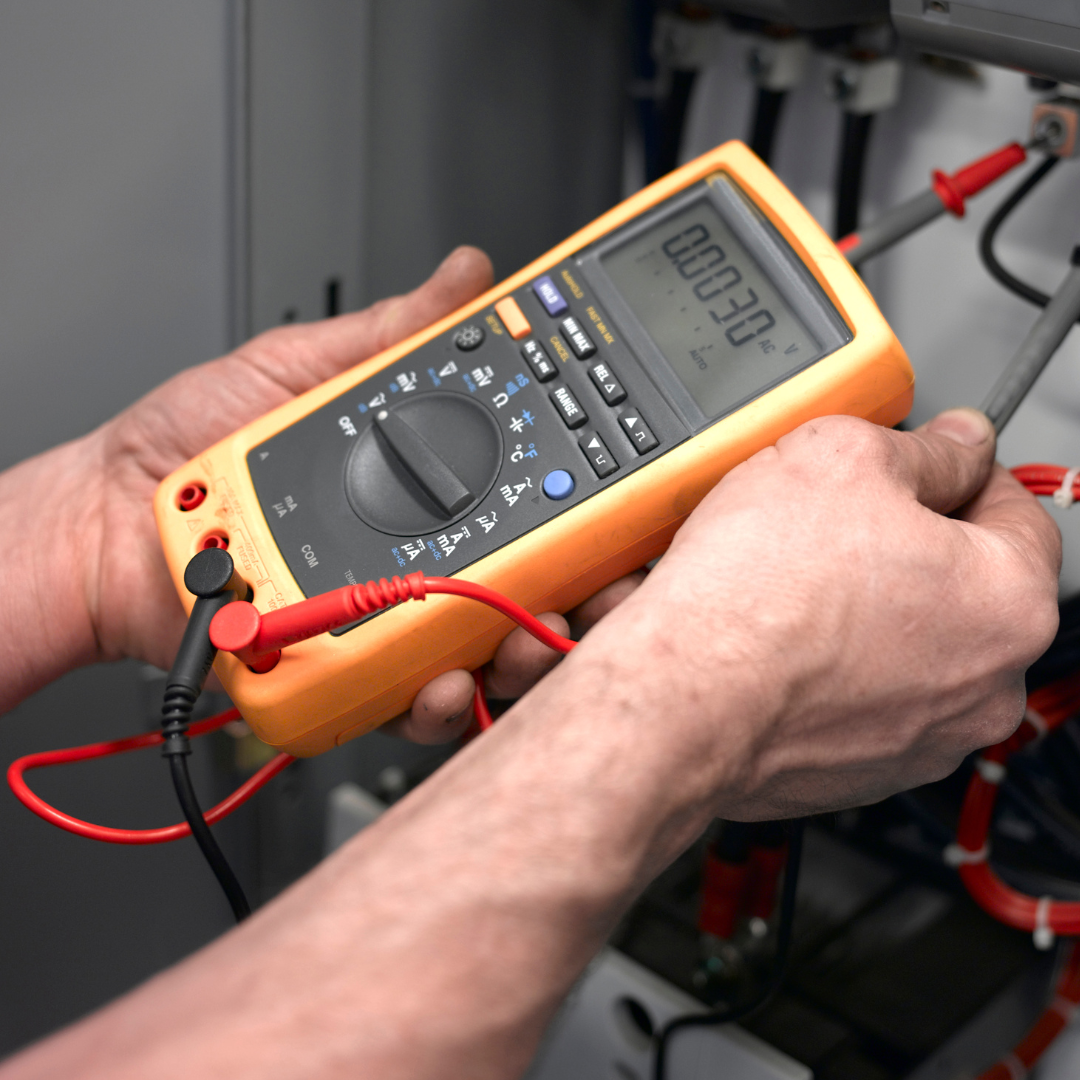
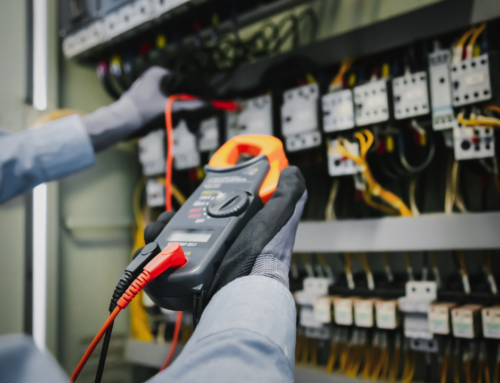
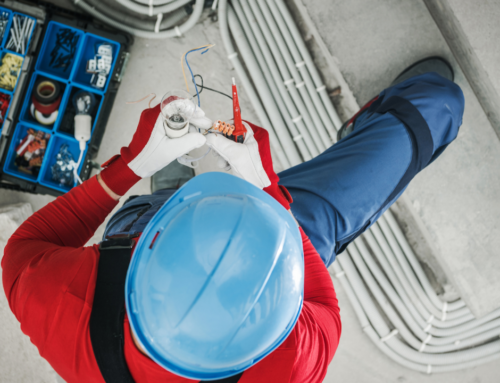
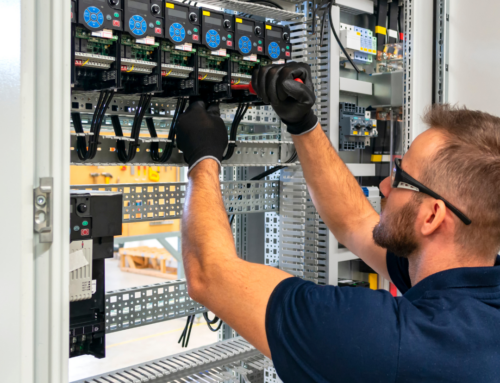
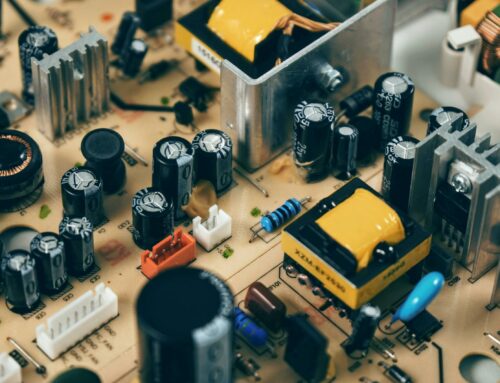
Leave A Comment